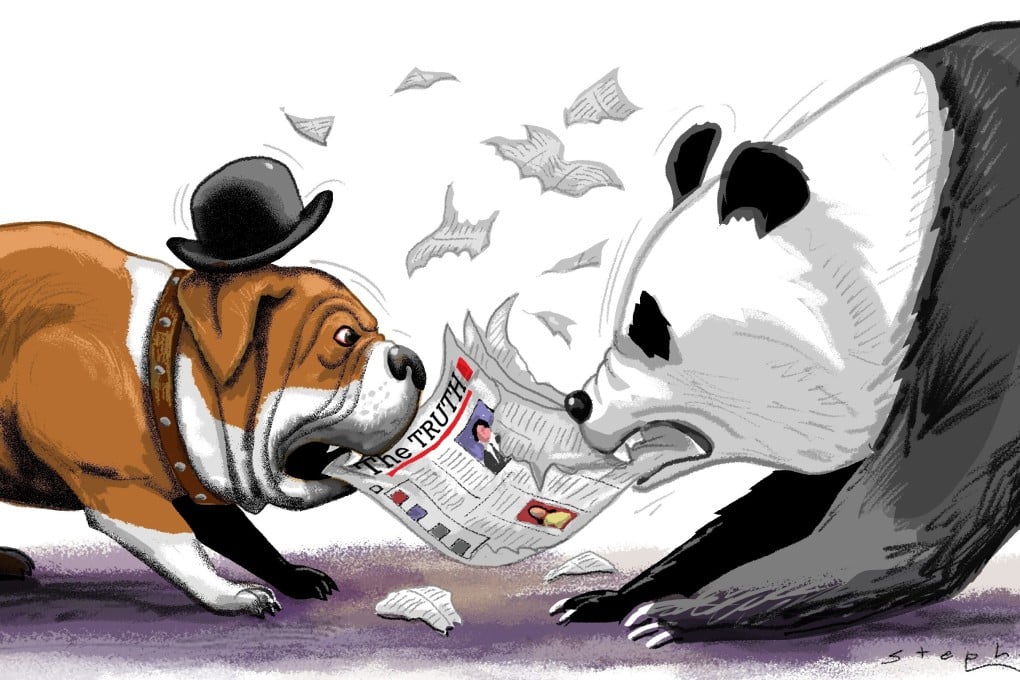Opinion | How Britain’s CGTN ban shows Western insecurity over China’s rise
- Cold War parallels are imperfect, but one area where significant competition already exists and could spiral out of control is the battle to assert the ‘truth’
- The UK’s ban of a Chinese state media outlet is a sign of deeper change and fear that China’s authoritarianism gives it an inherent advantage in a battle for the ‘truth’

However, whereas many of the arguments about the emerging new cold war speak of increasing military and economic tension like in the original Cold War, the current international climate is significantly different from the initial post-second-word-war setting.
For a start, there is significant trade interdependence and financial interaction in China’s relationships with the United States and European Union, whereas nothing similar existed between the Soviet Union and US at the onset of the original Cold War. Furthermore, US military supremacy, coupled with the existence of nuclear weapons on both sides, renders great power military conflict unlikely.
However, there is one area where significant competition already exists and, judging by recent events, could spiral out of control – the battle in asserting the “truth”.

02:25
China bans BBC World News over Xinjiang report and after China state broadcaster loses UK licence
Truth is inextricably linked with power and politics. As political theorist Andreas Nohr notes, the politics of truth is “the struggle at the most general level of society where the true is separated from the false and where what gets to count as truth and reality is decided”. Modern societies have evolved to a point – largely because of the advent of science – where the space for difference in thought is more limited.

